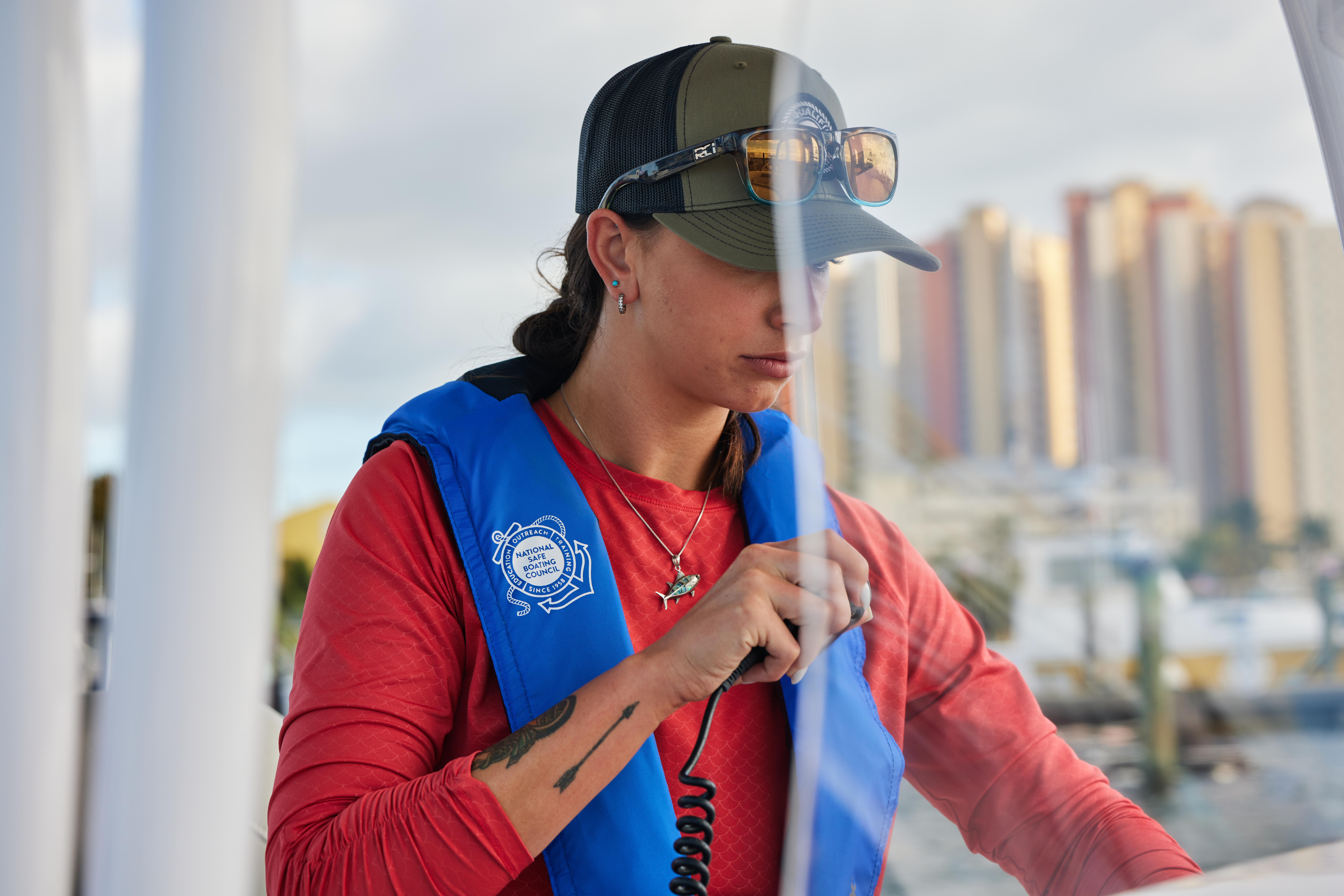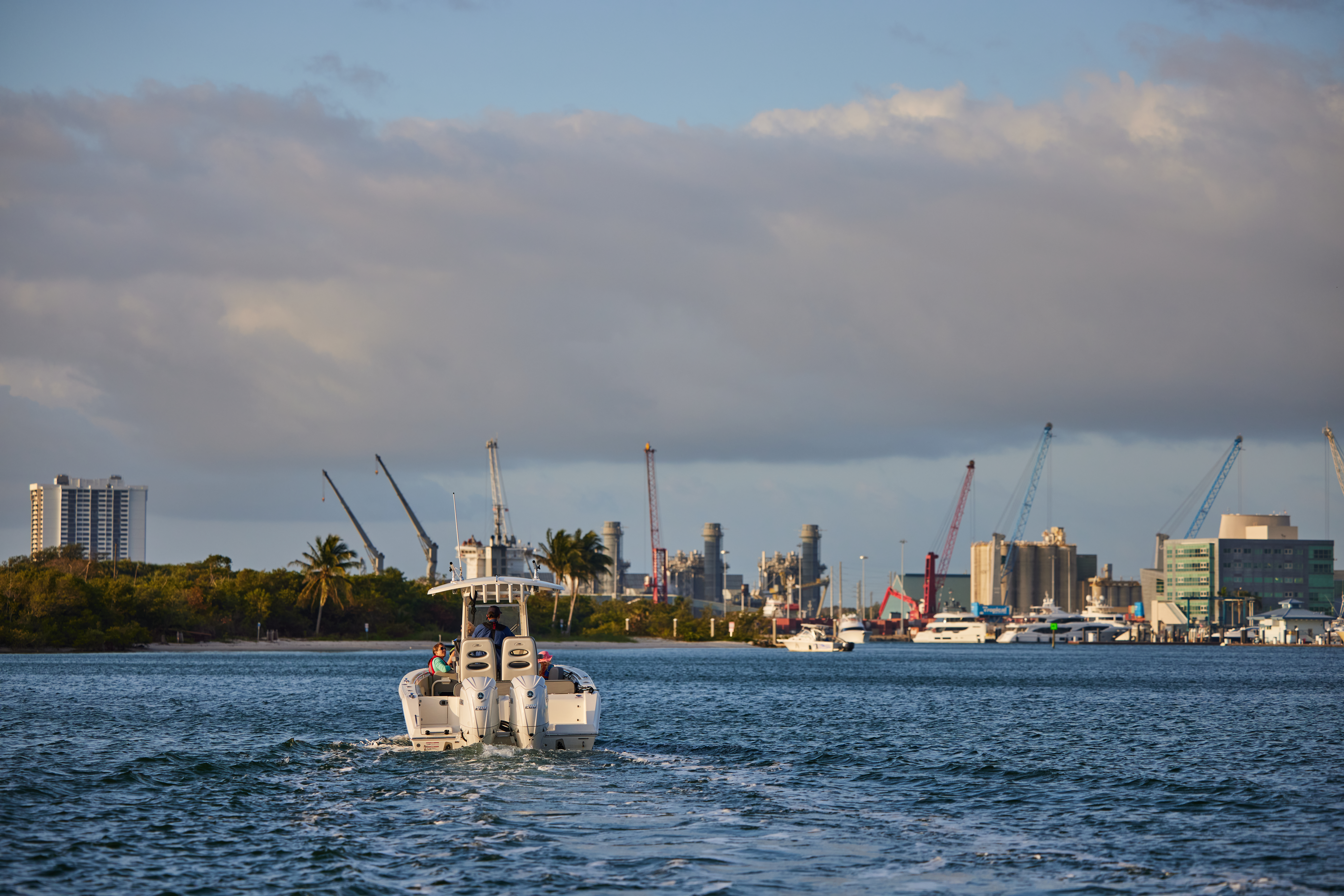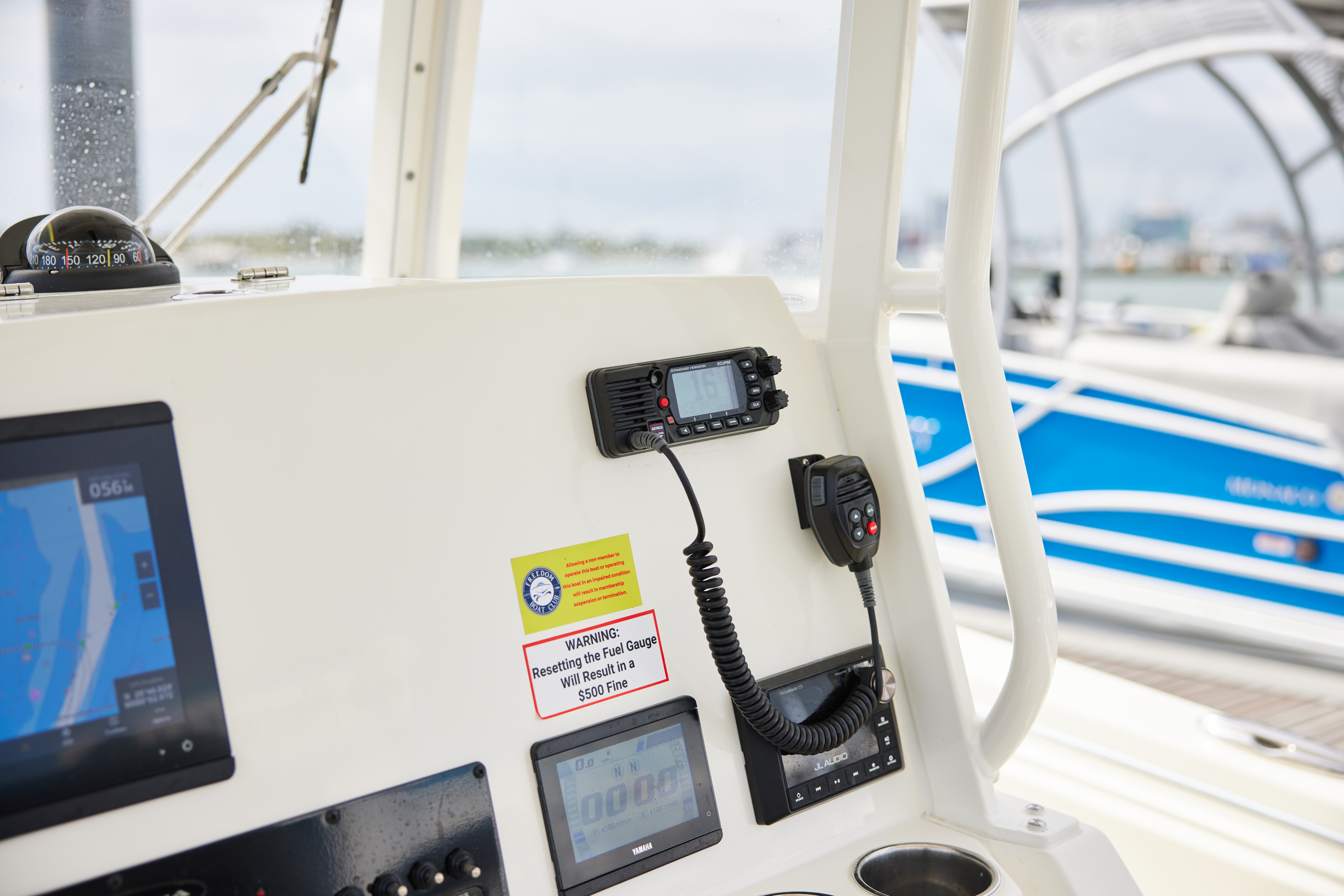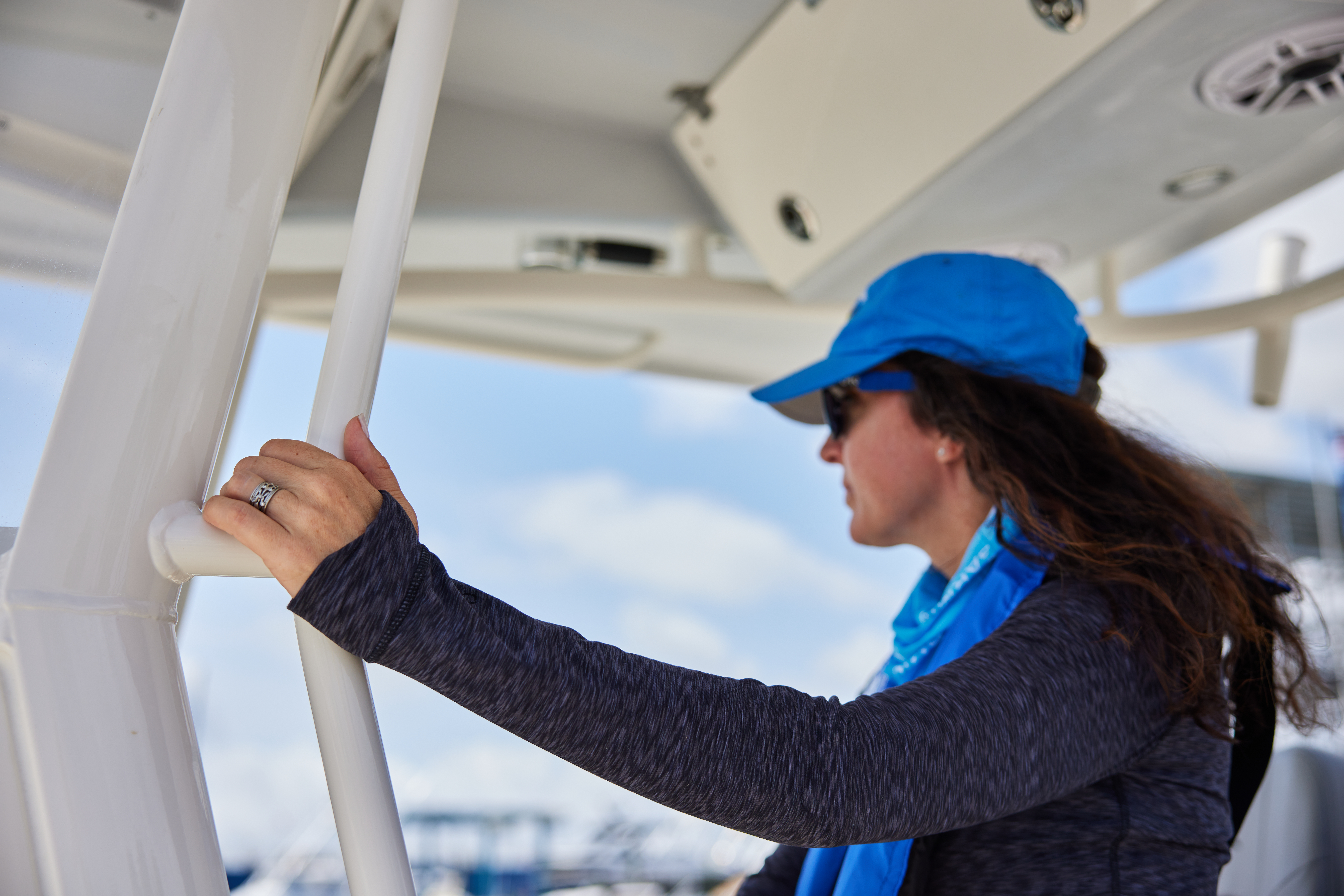Why Mayday is Used as an Emergency Call

For a ship in distress, the most powerful word at that moment is "mayday."
Its origins can be traced back to the evolution of language coupled with humanity's quest to find ways to protect itself. Code words for various issues have been used for centuries, and they've continued to evolve and change as society developed.
The ocean is incredibly vast, and when boaters are out in open water and are in trouble, they need a way to let nearby vessels and emergency services know they need urgent help. Rather than ask for help or state the nature of their emergency before anything else, they use a term nearly everyone understands.
Why do boaters use "mayday" to call for help in an emergency? It may seem like a silly word that doesn't make sense as a distress call, so keep reading to find out why it's used!

A Historical Origin for "Mayday"
The roots of this distress term come from French, where the term "m'aider" translates to "help me." It emerged as a call for immediate assistance and eventually became used by boaters, anglers, ship captains, and others in the maritime world.
Sailors facing danger and others at risk on the high seas started using the French term, but there were nuances in language that meant a universally understood signal was the best choice. Because of that, "m'aider" became "mayday" and was adopted as the standard signal for distress in 1927.
The goal of this adoption by the International Radio Telegraph Convention was to ensure that it showcased the situation's urgency while also transcending language barriers. It has phonetic clarity and is short, succinct, and to the point, which is why it's such a good choice for communication during a crisis when time is of the essence.
Maritime Context
Being at sea involves a lot of isolation that can make ships and their crewmembers vulnerable. Because of that, they need a word or phrase to let people know something's wrong and that everyone will understand.
If their ship is sinking, for example, or there's a medical emergency or dangerous weather conditions, they must be able to convey the seriousness of the problem quickly.
So, when boaters use a term that everyone knows the meaning of, they can get help faster because it activates protocols for emergency response from the Coast Guard, other vessels nearby, and anyone else who can help.
If anyone who's monitoring a marine radio frequency hears this term, they know to take it seriously.

Standardization in Communication
One of the best ways to create valuable emergency communication is to ensure it's standardized. Therefore, a single word that's easy to say and understand is the right choice, and the chosen term is the epitome of standardizing the need for help.
This universal distress signal isn't tied to a particular nationality or language, which means the maritime community knows to respond rapidly when they hear it, no matter where in the world it's used. Having a standard approach gives less chance for confusion, and when seconds count out in open water, that could mean life or death.
Legal Implications for Mayday Calls
Along with creating something that can be used in any language and is universally understood, this distress call has legal implications.
For example, international maritime regulations mandate specific protocols and obligations for vessels that hear this call. These include rendering assistance to the vessel in distress if they can, and it's a serious offense if they fail to do so.
In short, it's not just a moral obligation to acknowledge that call but also a legal obligation. Those obligations are rooted in humanitarianism and maritime law, and any vessel that doesn't try to help when it's able could have significant legal consequences to address.
These consequences help reinforce the situation's importance and the need to take swift action when a distress call is heard.
Training and Awareness: When Do I Use It?
Having the right training and awareness to use this distress call effectively is essential.
If you plan to spend time on a boat, you must understand when to use this call - and when to avoid it. When "mayday" is used carelessly and not for true emergencies, it can confuse nearby vessels and emergency response personnel and create expense and stress that could have been easily avoided.
Being prepared can mean the difference between a difficult situation and one that ends in catastrophe, whether you're out on the open seas or closer to shore. That's why using a distress call that moves beyond linguistics and is seen as a universal symbol of distress is the right choice when experiencing a true maritime emergency.
Adopting a single term is an excellent way to show the importance of safety when operating any vessel and can help you protect yourself during boating adventures.
Now you know why we say "mayday" and how important it is to use the call correctly and respond when you hear one!

Learn About Mayday and Much More With Boater Education
When preparing to operate a boat or teach new crew members (i.e., friends and family) the rules for being onboard with you, it's crucial to understand how and when to use a mayday call.
BOATERexam teaches how to correctly use distress signals when something goes wrong and how to stay safe when on a boat (to avoid emergency situations). Safety is a big part of any boating experience, and the proper safety course can help you feel more confident as you head out into open water.
If you're ready to learn more about what to do in a boating emergency, including deploying safety equipment and distress calls, find the course for your state and start learning! If you boat in Canada, we also have a Canada-approved course just for you.
